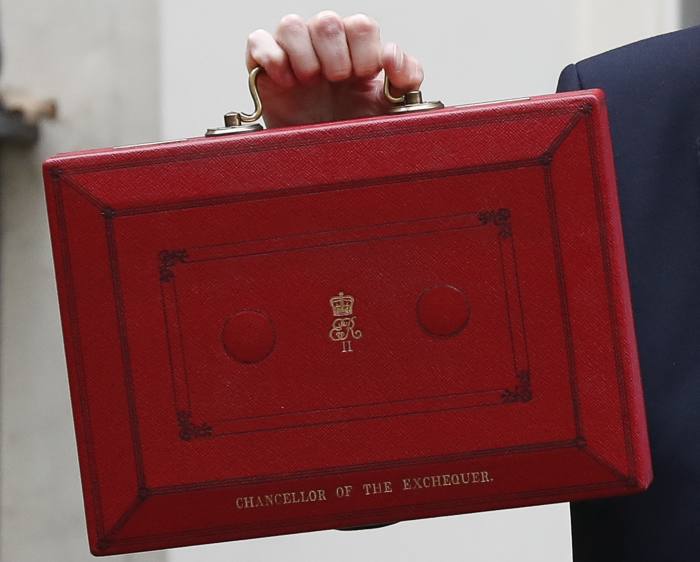
The income tax cut of one pence announced by chancellor Rishi Sunak has been labelled a “mess” by industry members.
In his Spring Statement (March 23), Sunak announced that the basic rate of income tax will be cut from 20 pence to 19 pence in the pound by the end of this parliament in 2024.
Alongside this announcement, he also said the national insurance threshold would be lifted by £3,000 in July to equalise it with income tax.
The threshold at which employees and the self-employed start to pay national insurance contributions will rise from £9,880 to £12,570 a year.
This is an increase of £2,690 in cash terms, and is worth £330 in the year. Originally this had been planned for the end of this parliament, but the chancellor has brought it forward.
However, some industry members have argued Sunak should have left it alone.
The income tax is a cut to 19 per cent on all income, including savings but does not include dividend income.
Dividend income tax rates are not being cut and next year, will be taxed at 8.75 per cent per annum at the basic rate, due to the social care levy.
David Penny, director and chartered financial planner at Penny, Ruddy and Winter, said: “If dividends tax rates had been cut, this would have removed the balance with increased NI on employment income.
“My personal view is that it is a mess. The NI increase should have been cancelled and income tax left alone.”
However not everyone shared this view.
Andrew Tully, technical director at Canada Life, said after combing through the Spring Statement supporting documents, it looked like tax on all income will move to 19 per cent, apart from dividend income which will retain its special rate.
“The effect of this is that pensions tax relief is also likely to drop to 19 per cent for basic rate taxpayers, so people may want to consider making pension contributions in 2022/23 and 2023/24 when they will get 20 per cent relief.
“Once we see the actual draft legislation closer to the time we’ll be able to confirm some of the finer details of how this move will work in practice.”
Meanwhile, Dave Downie, technical manager at Abrdn welcomed the reduction in the basic rate of income tax but said time will tell if it makes the current economic environment, which is affecting us all, any less difficult.
“Rising inflation and low interest rates is a combination few will have experienced before and will be a big challenge, especially for those with fixed incomes. Advisers will be working hard to ensure their client’s income and savings needs can continue to be met as tax efficiently as possible.
“With most allowances and tax bands frozen until 2025/26, there is greater emphasis on ensuring clients are making the most of tax reliefs and allowances that are available to them.”
Downie said looking ahead, the government is right to focus its support on the households and small businesses hit hardest by rising inflation.





